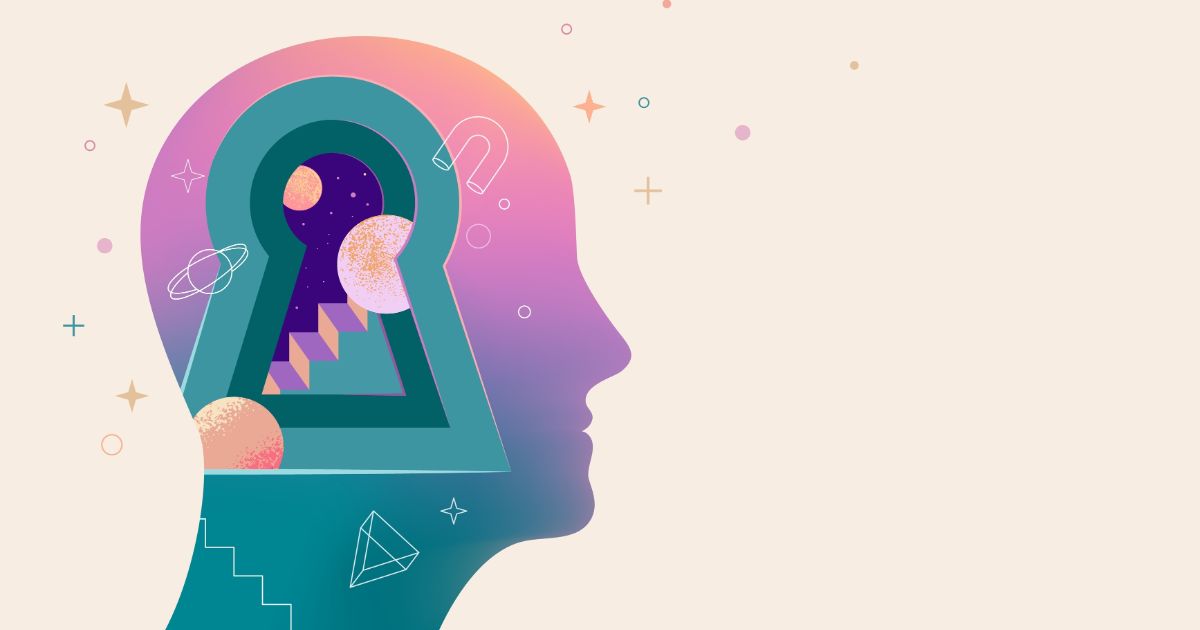Depression is a complex and debilitating mental health disorder that affects millions of people worldwide. For those who suffer from depression, finding an effective treatment can be a lifelong journey. Traditional treatments such as antidepressant medications and therapy have proven to be helpful for many individuals. There is growing interest in alternative approaches, including psychedelic therapy, as a potential solution for depression.
In this article, we will explore the science behind depression, the emergence of psychedelic therapy, and the potential benefits and risks of using psychedelics to treat depression.
Understanding Depression: A Brief Overview
What Is Depression?
Depression is not simply feeling sad or down for a short period of time. It is a persistent and often overwhelming feeling of sadness, hopelessness, and a lack of interest in activities. Depression can have a profound impact on a person’s daily life, affecting their relationships, work, and overall well-being. It is a complex disorder with multiple factors contributing to its development, including genetic, environmental, and psychological influences.
To effectively treat depression, it is crucial to address both the biological and psychological aspects of the disorder. Traditional treatments for depression often focus on altering brain chemistry through medications or exploring the underlying causes through therapy.
The Science Behind Depression
Scientists have made significant progress in understanding the biological basis of depression. Neurotransmitters, such as serotonin, dopamine, and norepinephrine, play a critical role in regulating mood and emotions. Imbalances in these neurotransmitters are often observed in individuals with depression.
Brain imaging studies have shown differences in the structure and function of certain brain regions in individuals with depression. These findings support the notion that depression is not simply a result of negative thinking or a lack of willpower, but rather a complex interplay of biological and environmental factors.
Common Treatments for Depression
When it comes to treating depression, there is no one-size-fits-all approach. Different individuals may respond differently to various treatment modalities.
- Antidepressant Medications: These medications work by balancing neurotransmitter levels in the brain and are often prescribed to individuals with moderate to severe depression.
- Psychotherapy: Various forms of therapy, such as cognitive-behavioral therapy (CBT), ketamine infusion therapy, and interpersonal therapy (IPT), can help individuals identify and change negative thought patterns and behaviors that contribute to depression.
- Electroconvulsive Therapy (ECT): ECT involves inducing a brief seizure through electrical currents to the brain. It is typically used for individuals with severe depression who have not responded well to other treatments.
- Transcranial Magnetic Stimulation (TMS): TMS uses magnetic fields to stimulate specific areas of the brain involved in mood regulation. It is a non-invasive procedure and is often used when other treatments have been ineffective.
While these treatments have shown efficacy in managing depression, it’s important to note that they may not work for everyone. The field of mental health is constantly evolving, and researchers are exploring new avenues for treating depression.
One emerging area of interest is psychedelic therapy. Psychedelic substances, such as psilocybin (found in magic mushrooms) and MDMA (commonly known as ecstasy), have shown promise in clinical trials for their potential to alleviate symptoms of depression. These substances are believed to work by altering brain activity and promoting introspection and emotional healing.
However, it’s essential to approach psychedelic therapy with caution. These substances are still classified as illegal in many countries and should only be used under the guidance of trained professionals in a controlled setting. Further research is needed to fully understand the long-term effects and safety profile of psychedelic therapy.
The Emergence of Psychedelic Therapy
What is Psychedelic Therapy?
Psychedelic therapy involves the controlled use of psychedelic substances, such as psilocybin (found in magic mushrooms) or MDMA (commonly known as ecstasy), in conjunction with therapy sessions. Unlike recreational use, psychedelic therapy is guided by trained professionals in a controlled and supportive setting.
The goal of psychedelic therapy is to facilitate deep introspection and a shift in perspective, which can lead to profound insights and personal growth. During a session, individuals are encouraged to explore their thoughts, emotions, and past experiences to gain a better understanding of themselves and their relationship with the world.
Integrating psychedelic therapy into mainstream mental health practices has sparked a wave of research and clinical trials to explore its efficacy in treating a wide range of conditions beyond depression. From anxiety disorders to PTSD, the potential applications of psychedelic therapy are being investigated with growing interest and optimism.
The History of Psychedelic Use in Medicine
Psychedelics have been used for thousands of years in various cultures for spiritual and healing purposes. In the mid-20th century, interest in psychedelics grew within the medical and psychiatric communities. Researchers conducted studies exploring the therapeutic potential of psychedelics, particularly for psychiatric disorders.
The resurgence of interest in psychedelic therapy today is not just a rediscovery of ancient practices but also a reevaluation of past research that was halted due to political and social reasons in the 1960s. The modern revival of psychedelic therapy is built upon the foundation laid by pioneering researchers, blending ancient wisdom with contemporary scientific rigor to unlock the healing potential of these substances.
The Science of Psychedelic Therapy
How Psychedelics Affect the Brain
Psychedelics, such as psilocybin and MDMA, act on various receptors in the brain, including serotonin receptors. Serotonin is a neurotransmitter associated with mood regulation and emotional processing. By binding to serotonin receptors, psychedelics can modulate brain activity and disrupt patterns of thinking and perception. This disruption allows for potentially new insights and perspectives.
Brain imaging studies have shown that psychedelics can increase connectivity between brain regions that are normally not strongly connected. This increased connectivity may underlie the enhanced introspection and cognitive flexibility experienced during psychedelic therapy sessions.
Psychedelic Therapy: The Process Explained
- Preparation: Before the session, individuals undergo thorough screening and preparation with their therapists. This includes discussing goals, intentions, and addressing any concerns or fears.
- Administration: The psychedelic substance, such as psilocybin or MDMA, is administered to the individual in a controlled and supervised environment. The dose is carefully calibrated to ensure a meaningful and transformative experience.
- Supportive Therapy: During the session, therapists provide emotional support and guidance. They may use various therapeutic techniques such as talk therapy, mindfulness exercises, or music playlists to enhance the experience.
- Integration: After the session, individuals meet with their therapists to discuss and integrate the insights gained. Integration involves incorporating the experiences and lessons learned into daily life to promote long-term healing and growth.
Psychedelic Therapy and Depression
The Potential of Psychedelics in Treating Depression
Early clinical trials have shown promising results in using psychedelics for depression. Some studies have reported significant reductions in depressive symptoms and an increased sense of well-being after just a few sessions of psychedelic therapy.
Psychedelic therapy may offer a unique approach to treating depression by targeting the underlying psychological and emotional factors contributing to the disorder. By providing individuals with a safe and supportive environment to explore their inner worlds, psychedelics can potentially help individuals gain new insights, release negative thought patterns, and develop a more positive outlook on life.
Current Research on Psychedelics and Depression
While the initial findings are promising, more research is needed to fully understand the potential benefits and long-term effects of psychedelic therapy for depression. Ongoing clinical trials are exploring different protocols, dosages, and combinations of therapies.
Researchers are also investigating the mechanism of action of psychedelics in treating depression, as well as the potential role of factors such as set and setting (the individual’s mindset and the therapeutic environment) in influencing outcomes.
The Risks and Challenges of Psychedelic Therapy
Potential Side Effects of Psychedelic Therapy
Psychedelics can induce intense and sometimes overwhelming experiences. Individuals may encounter challenging emotions and memories during a session. This can be emotionally exhausting and may require additional support and integration for individuals to fully process and make sense of their experiences.
Psychedelics are not suitable for everyone. Individuals with a history of psychosis, severe mental illness, or certain medical conditions may be at higher risk for adverse reactions and should avoid psychedelic therapy.
Ethical and Legal Considerations
The use of psychedelics in therapy is still highly regulated and restricted in many countries. Legal barriers and ethical considerations surrounding the administration and supervision of psychedelics need to be carefully navigated to ensure the safety and well-being of the individuals involved.
Ongoing efforts are being made to revise outdated regulations and increase access to psychedelic therapy for those who could benefit from it. It is crucial to proceed with caution and prioritize patient safety and ethical guidelines.
Parting Words
As our understanding of mental health and innovative treatment approaches continue to evolve, psychedelic therapy has emerged as a potential breakthrough for depression. While still in its early stages of research, psychedelic therapy shows promise in providing transformative experiences that may help individuals break free from cycles of depression and find new paths toward healing and well-being.
As more studies unfold and regulations evolve, collaboration between researchers, therapists, and policymakers remains vital to explore the full potential of psychedelic therapy and ensure its safe and effective integration into mainstream mental healthcare. To learn about the mental health treatment options available at Ketwell Alaska, contact us today to schedule a free consultation.

